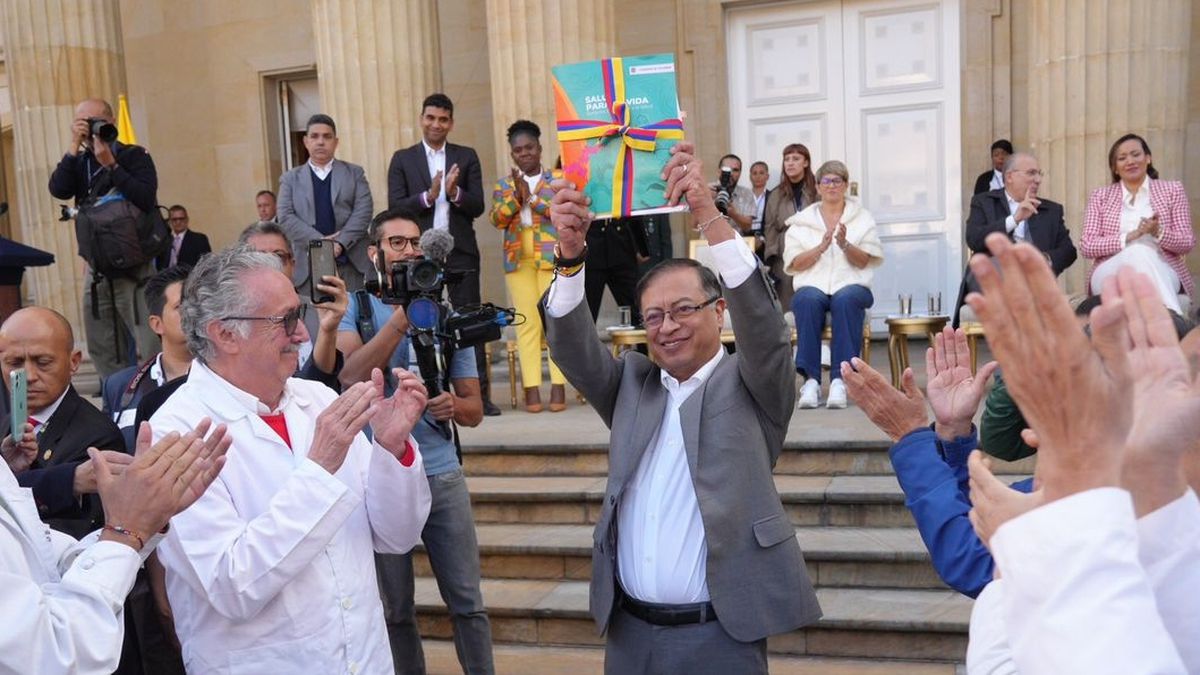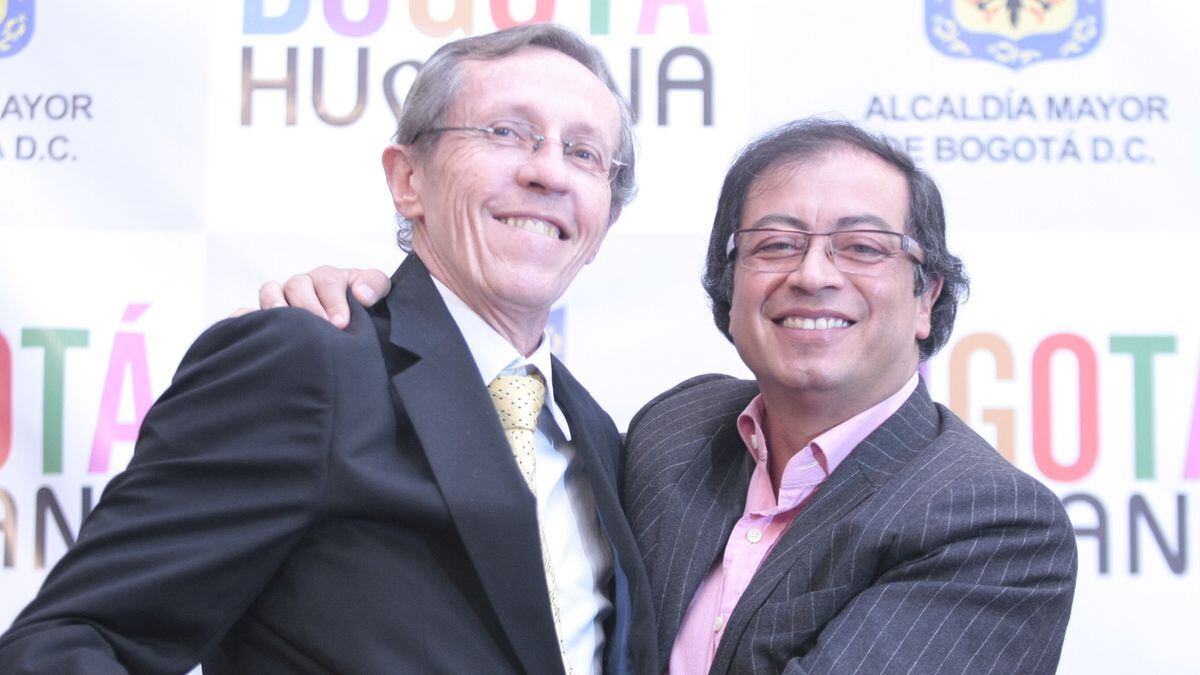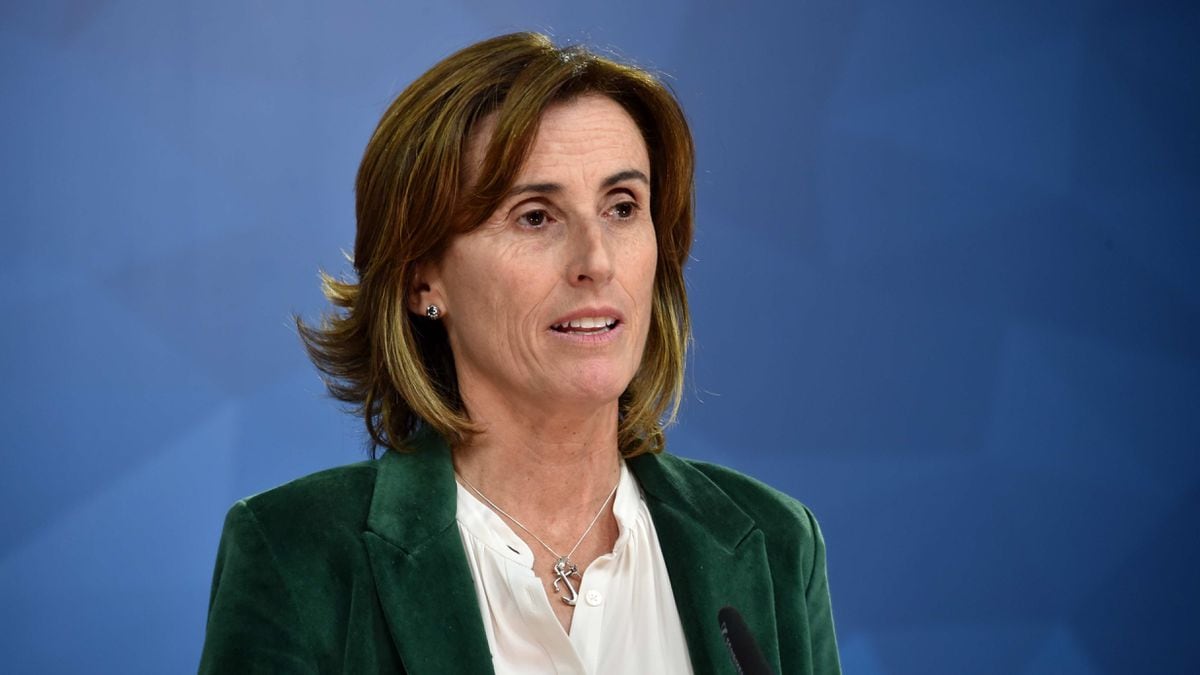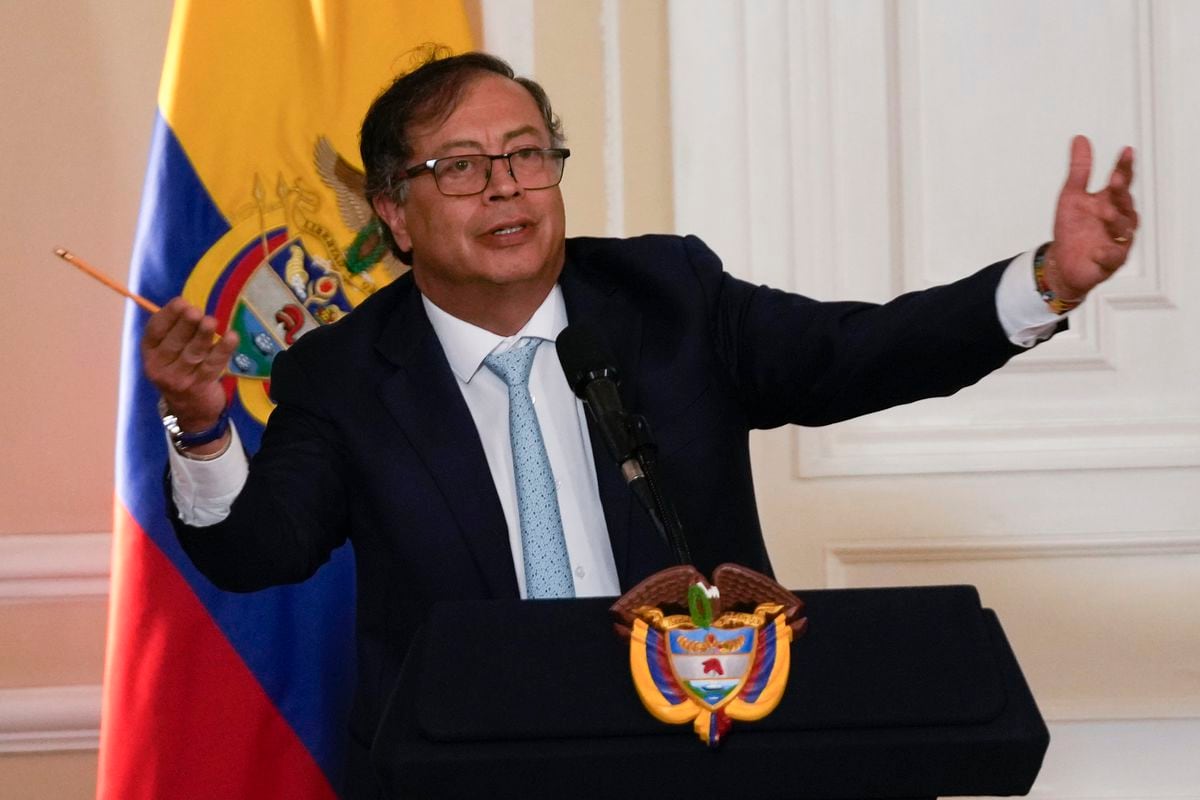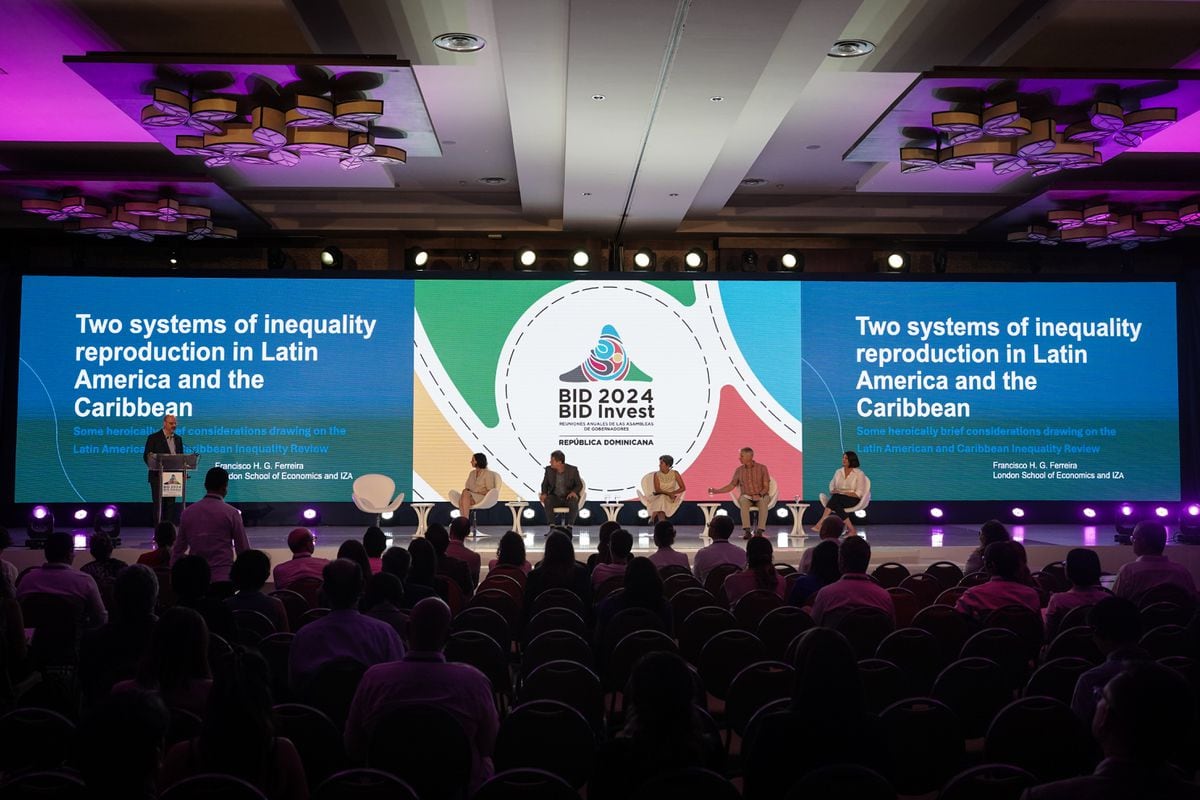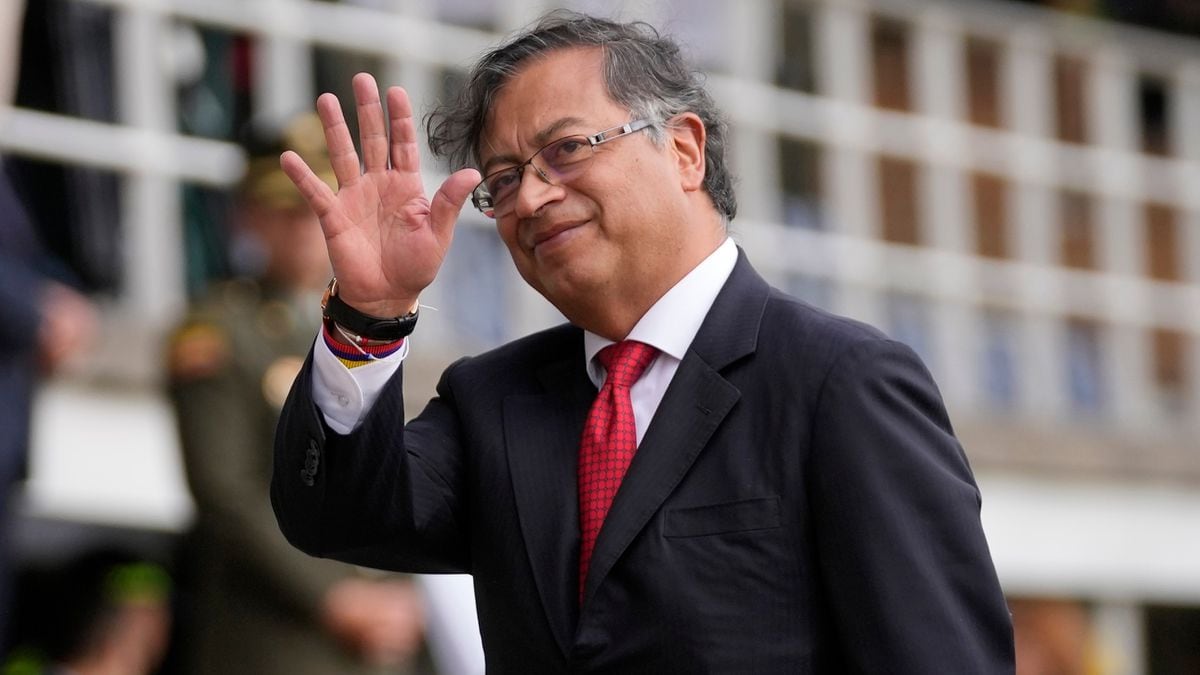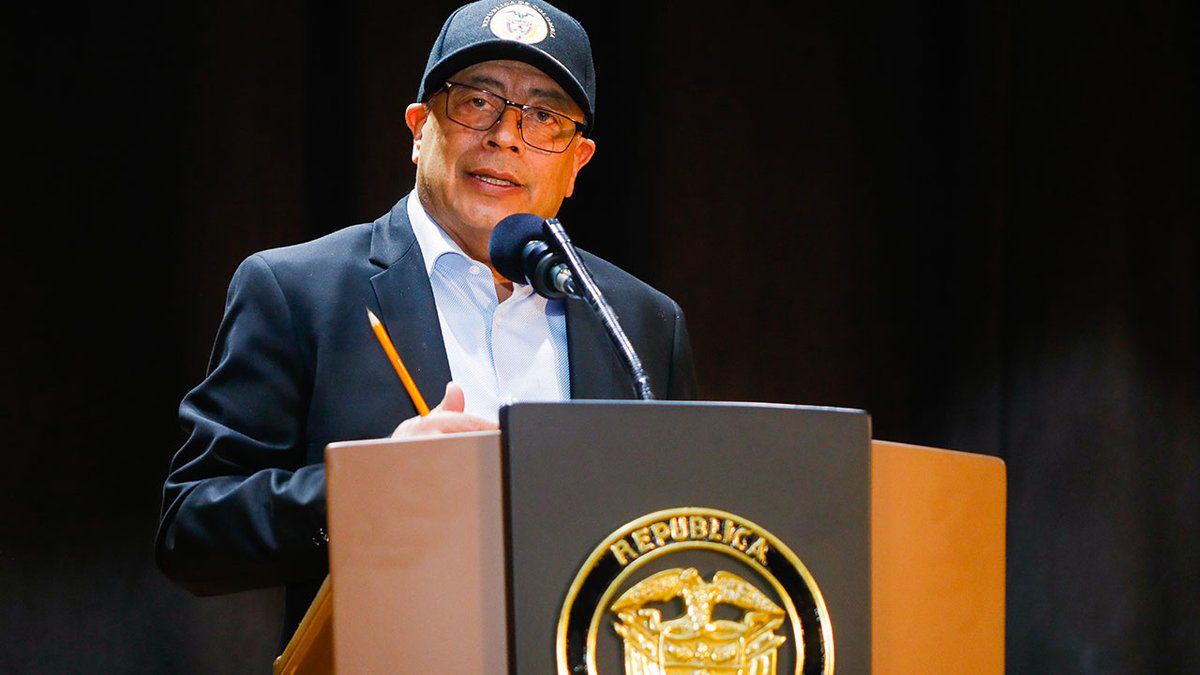Eight out of 10 Chileans who voted in October 2020 in the constitutional plebiscite did so to support a constituent process for a new Magna Carta.
It was the bet of the left and a good part of the right for a new social agreement that seeks to get Chile out of the multidimensional conflict that exploded in the streets in the riots of 2019. A process that pushes and supports the one who will be president from March 11, the leftist Gabriel Boric, for whom the success of the convention is closely linked to his own success.
Less than five months before the body finishes its work and dissolves itself on July 4, the convention is not only working against time to discuss 1,275 rule proposals, some of which have set off alarms in a certain part of the society, such as the temporality of judges and, in turn, the review of all free trade agreements, together with the denunciation and withdrawal of the International Center for Settlement of Investment Disputes (ICSID).
Above all, because different voices from within the convention are beginning to warn about the risks facing the process.
Certain norms do not help, such as the one presented by a group of eight conventions that seeks to eliminate the three powers of the State and replace them with a "plurinational assembly of workers and peoples", because the powers of the State are "fully functional to bourgeois domination.
A conventional very close to Boric, Constanza Schonhaut, advanced her vote against her because she would be outside "any democratic framework", although she called for "not to spread panic".
The president-elect himself, through Twitter, supported his party partner in this call for calm in the face of exotic proposals.
It has been a torrid February for the Constituent Assembly.
From the beginning of the process, suspicions of a smear campaign by the different powers, including the press, multiplied.
But it has been from inside the organ where the fissures are evident.
Last week, three months after taking office, the director of the convention's Communications Secretariat, the journalist Lorena Penjean, resigned from her position through a harsh letter.
"I have come to the conclusion that there is neither the internal cohesion nor the will that is required to deploy a professional communication strategy that is consistent with the magnitude of the challenge," Penjean said in the letter.
She mentioned the international experience: "The process is as important as the result, otherwise it is enough to remember the Colombian experience and Brexit",
The criticisms of this resignation are not punctual, but reflect, in part, the concern of diverse sectors that seek the success of the process, but that observe the current moment with concern.
In the middle of the second half of the convention – where the proposals for constitutional norms are debated and voted on – there are no great political leaderships that manage to lead from the inside.
The academic Agustín Squella, independent, who has always spoken of the need to maintain optimism, in recent days has criticized the "self-complacency" of the body.
The lawyer and National Prize for Social Sciences has said that the largest groups of the Chilean Constituent are seen "confused, without leadership, divided and not without complexes towards extreme positions that their members support in public and criticize in private."
“Tiredness and dispersion abound”
The conventional Patricio Fernández, writer, in his weekly chronicles has given an account of the atmosphere.
"The disorder is great, fatigue and dispersion abound, we have not managed to structure political coordination and there are, in fact, good reasons for unease, but the importance of the challenge is such that there are no efforts to spare," wrote the past January 30.
From the other side, the right, conventionalists such as Bernardo Fontaine have assured in recent days that "the constitutional discussion today seems like a ship adrift and at risk of sinking."
The economist expressed special concern over the weekend about some of the regulations approved in general by some of the commissions that work according to different issues, such as the nationalization of mining and the expiration of water rights.
For the constitutional lawyer Claudio Alvarado, executive director of the Institute of Studies of Society, IES, it is clear that in the last week there has been "a before and after" in the convention, especially due to the start of the vote in general of the rules in each of the seven commissions.
“In a series of matters there are risks, because the required two-thirds are not reached or because regulations that are very harmful to the country are approved,” he says.
He refers to some of the contents, "such as a possible political evaluation commission of the court ministers, similar to a regulation that was approved at the time in the Venezuelan Constituent Assembly" or "a possible elimination of the Senate by a unicameral Congress and multinational”, assured the author of the book
Constituent Tension
.
But along with the content, Alvarado is above all concerned about "the political disorder" and "lack of clear leadership", incapable of leading the discussion towards the generation of majorities.
On February 1st, the deadline was closed for the conventions and the citizens to present proposals for constitutional norms to the convention.
The same constituents presented 947, while the citizens 78, for which it was necessary to collect at least 15,000 signatures (a total of 980,000 people participated).
They are added to the 250 proposals made by the seats reserved for indigenous peoples.
In total, then, there are 1,275 constitutional norms that have already begun to be voted on in general in one of the seven commissions and that, later, in those same instances must be processed in particular, so they could have new indications.
According to the calendar, it will be next February 15 when the first plenary session will be held in which the first proposals for a constitutional norm will be voted on, for which two thirds of the 154 conventional (103 votes) are needed.
The vice president of the convention, the independent Gaspar Domínguez, has called not to overreact and wait for the development of the discussion.
“
The monkey needs to be ordered
in the specific votes, until reaching the plenary session,” the doctor assured about the instance next Tuesday in which the assembled convention must begin to vote on the norms that will remain within the text.
The challenge seems immense and the responsibility seems to fall above all on the conventional ones with a vocation for dialogue and a spirit of transversality.
In a body where the right is very diminished, it is the progressive world that is divided and where the Socialist Collective and the Broad Front are the majority (precisely, two of the important forces of the next Boric government).
The future Executive knows that "without a constitutional change, the health reform and the reform of sexual and reproductive rights run the risk of being considered unconstitutional under the current Magna Carta and the same happens with some labor regulations", as Giorgio assured. Jackson, Boric's next minister, in an interview with the
Uruguayan newspaper
La Diario.
The threats are in sight.
The main catastrophe would be that on July 4 it was not possible to reach a proposal for a constitutional text, because at least until now there seems to be no consensus on increasing the body's work period.
But equally worrying would be that a proposal is reached that is rejected in the exit plebiscite, which would be held in September, or that the text is approved by a narrow margin, with which the eternal constitutional discussion would remain open in Chile. .
Meanwhile, according to the latest Criteria poll, the convention has 33% support and 44% rejection.
Subscribe here to the EL PAÍS América
newsletter
and receive all the key information on current affairs in the region.

/cloudfront-eu-central-1.images.arcpublishing.com/prisa/MZVDTTKU7RG3TJ3SRYBR6FWJKM.jpg)
